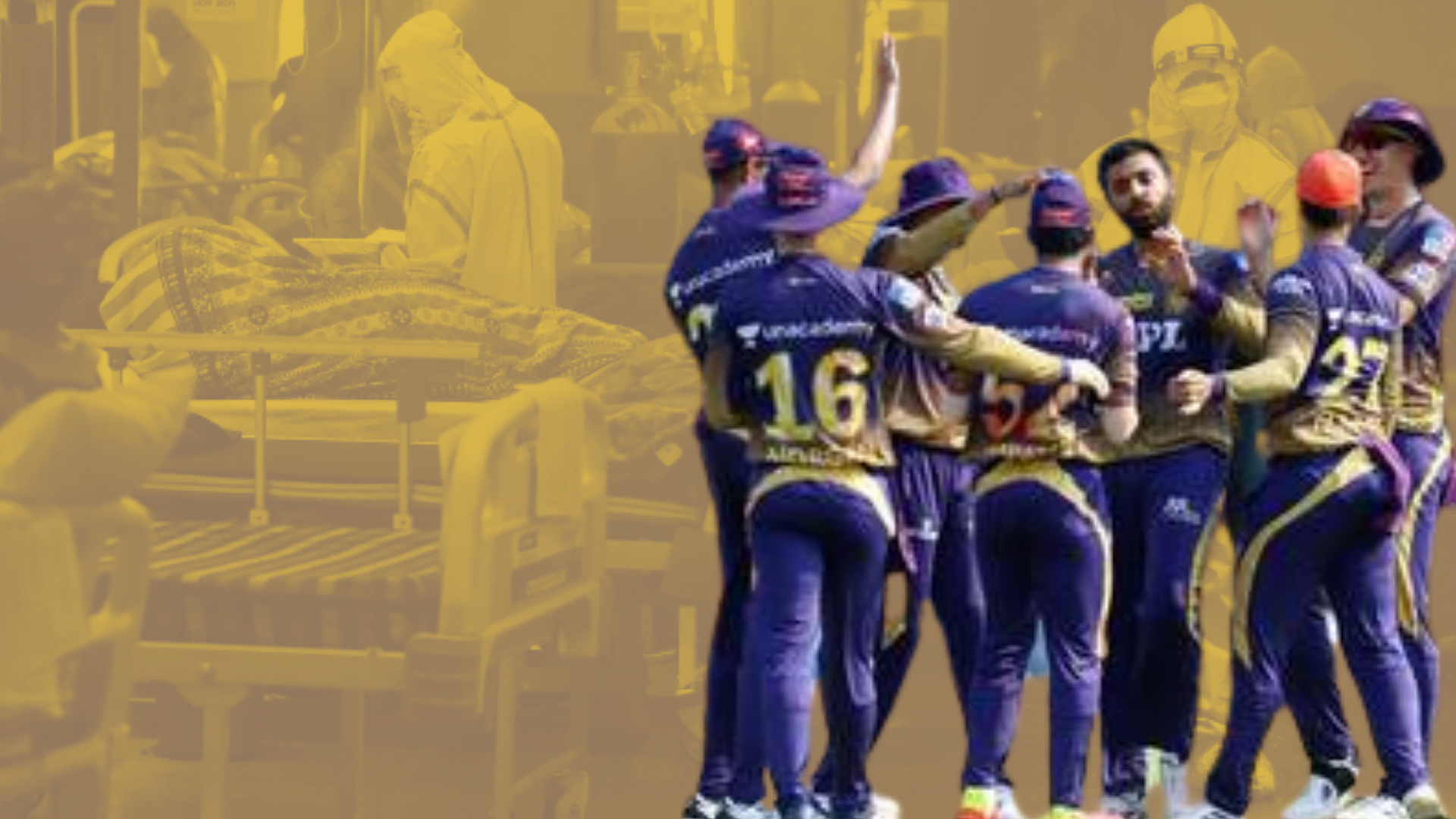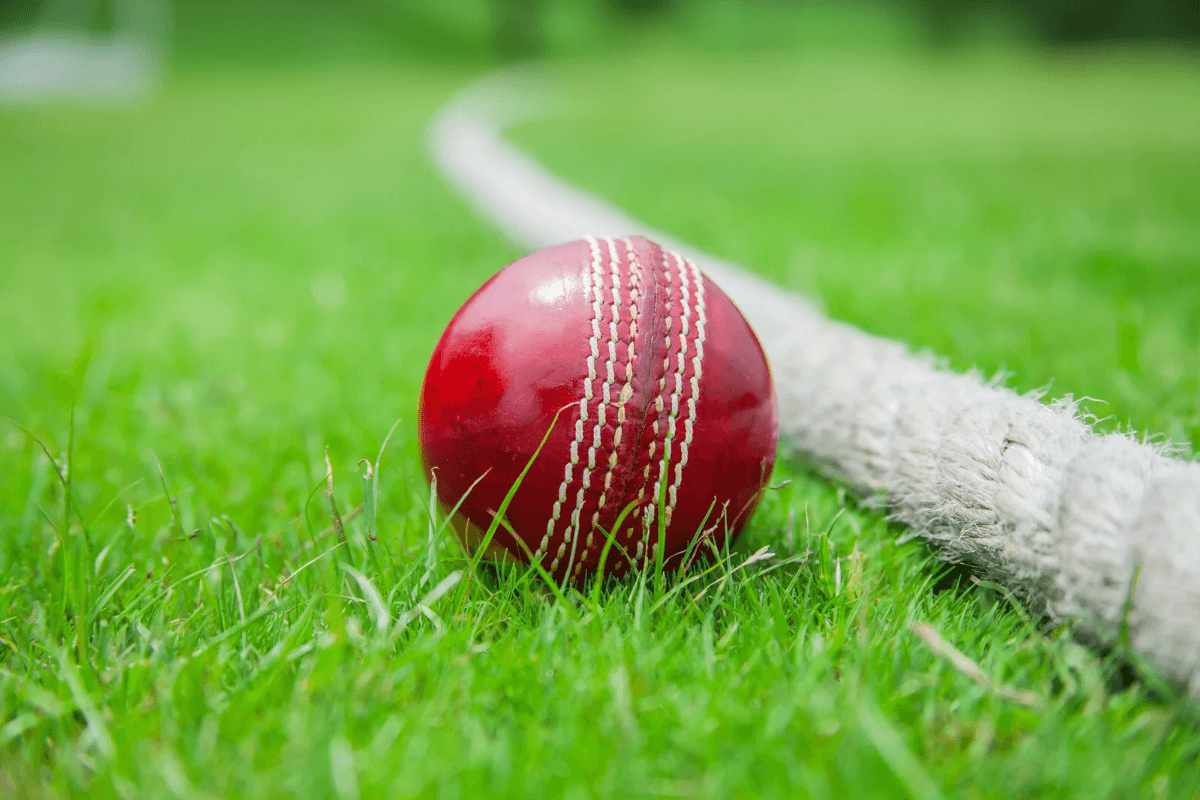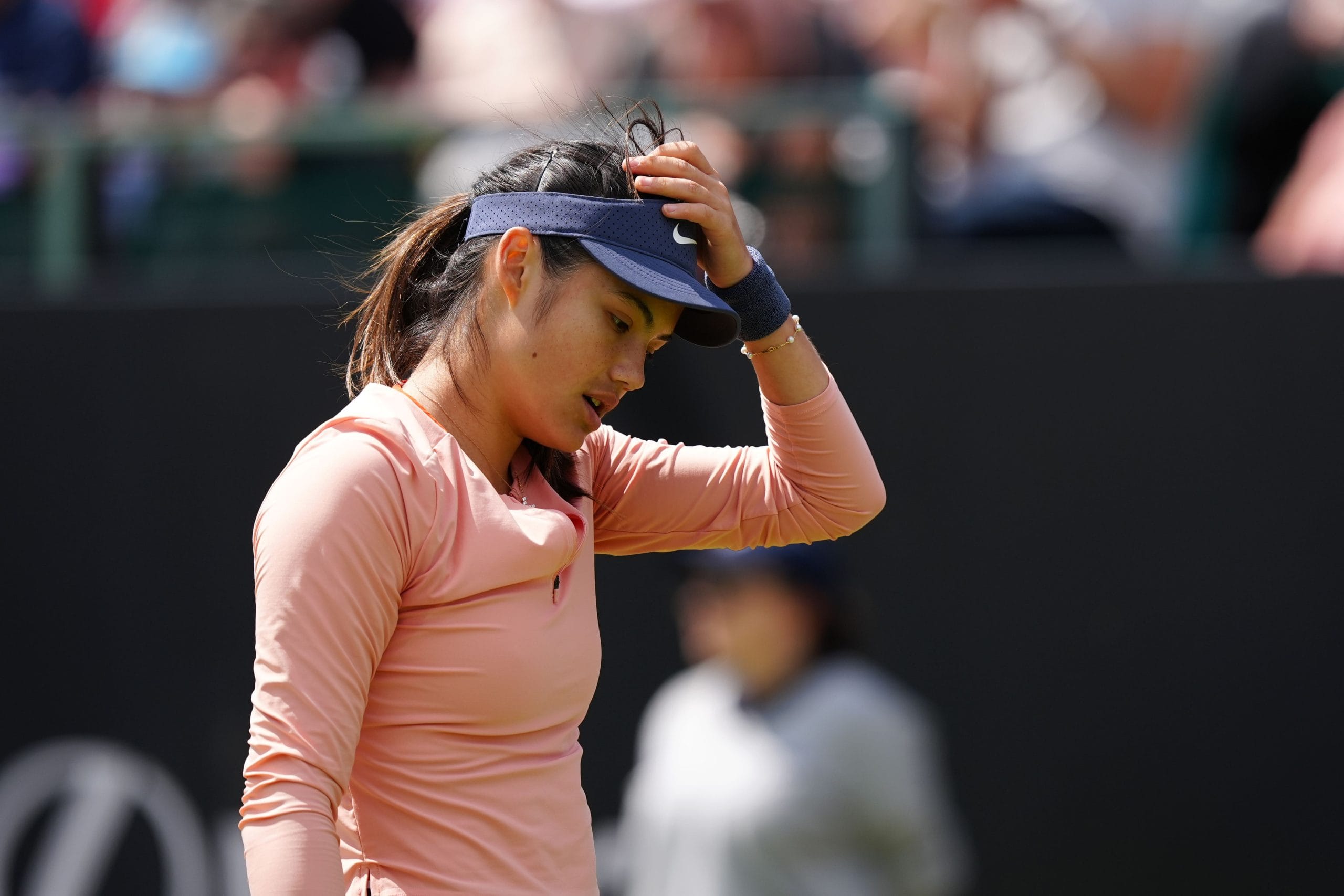On May 4 afternoon, the Internet and social media started flooding with the news that the 2021 season of the Indian Premiere League is finally being indefinitely suspended. The news came in that courtesy bio-bubble breaches and multiple COVID positive cases among players across teams, the cash-rich league has been suspended and postponed for the season. A bio-secure bubble is a hosting arrangement for sporting events that emerged during the COVID-19 pandemic. To someone enraged at how the ‘system’ has mishandled the pandemic in epic measures, leading to many losing their lives because of inadequate healthcare, a ‘bubble’ also is the best description of the the world’s richest cricket board BCCI’s apathy of having decided to continue to play the IPL in India.
To someone enraged at how the ‘system’ has mishandled the pandemic in epic measures, leading to many losing their lives because of inadequate healthcare, a ‘bubble’ also is the best description of the the world’s richest cricket board BCCI’s apathy of having decided to continue to play the IPL in India.
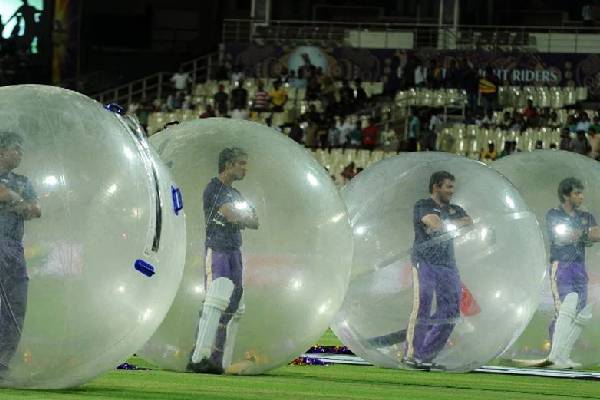
It is most definitely a bubble that the cricket fraternity in India was living in, because they seemed to have not been able to see through the distorted nature of conducting a multi-million-dollar tournament, with privatised testing on a daily basis, when the rest of the country continues to struggle to find beds, oxygen and even COVID-testing facilities. Furthermore, meeting the safety standards of a bio-bubble is an extremely expensive affair both in terms of money and resources. At this point, with an absolute lack of resources for the general public, every city which was hosting the tournament could use those additional resources that were inadvertently reserved for the players and staff.
The official statement from the BCCI, the cricketing body of India read: “player’s health paramount”. The BCCI said they did not want to compromise the safety of those involved in the league. It took a bubble breach for the governing body to suspend IPL, despite India having 3,57,299 new Covid-19 cases and 3449 death, as of May 4. Clearly, had the bio-bubble not been breached, the game would have gone on safely within, indifferent to the largely man-made grief outside. Priorities as they say, are quite clear.
Over the past one month and more, many experts have, time and again, been asking for the tournament to be halted and cancelled. Even till the early hours of May 4, the decision to cancel the cricket league was nowhere doing the rounds, and the plan instead was to shift all the matches to one venue, in Mumbai. Not for once did the top bosses consider putting a pause to the league. Their solution at the time was to ramp up testing, not may be pausing to think about the repercussions this would have on the rest of the public.
As India struggles with its worst healthcare crisis, what is shocking is that the players, support staff and all officials involved with the IPL had and still have access to top resources and luxurious arrangements.
The IPL organisers wanted to continue to run the show, projecting the image that the league was a source of entertainment during these times. “Tried to bring cheer but could not compromise on safety of players and others”, is what BCCI said. Apparently, the game was being played for ‘humanity’ and for the ‘greater good’. However, it can’t be helped but be noticed that this ‘great service’ to humanity was ironically at the cost of obstructing their access to medical resources: especially when everything, from an oxymeter to an oxygen cylinder is being sold in the black market at cut-throat rates, when desperate, harrowed caretakers are not being cheated off their money by fraudsters.
The other side of such private leagues in organised sports include social media and broadcast commitments and it is all about the jazz and sponsor obligations. Cancelling the tournament is a financial loss of millions not only for the BCCI, but all the parties involved. But is the money worth the lives lost? To believe that the game is being played to “cheer” the public, therefore seems but a hollow statement.
Continuing the IPL uninterrupted aided to the exercise of image management of the government, of which the Indian cricket has over time come to seem like an extension of. That a tournament of this size and relevance was carried on despite the grim realities, almost seemed like forcing the public to swallow a pill of a ‘make-believe normalcy’. Internationally, it also helps sell a favourable narrative that the ‘government is in control’ of the spiraling situation.
In Delhi, one of the worst affected by the second wave of COVID-19, it is almost as if two parallel universes were existing, carefully trying to not collide- with the matches that were slated to be played in the stadium with the crematorium next door. The Feroz Shah Kotla Stadium is about a kilometre from the Lok Nayak Hospital. The stadium is 3.5 kilometres from the Nigambodh Ghat crematorium. Seems straight out of dystopian fiction, doesn’t it?
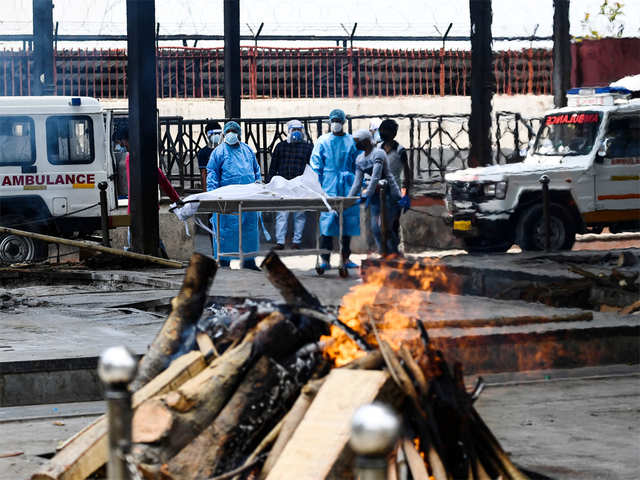
Even as in most states in the country right now, getting an RT-PCR test is taking days, for the cricketers who had already arrived in the hotels in the capital, arrangements were reportedly made. A “separate IPL check-in counter” at the airport, testing every two days with immediate results were just some of these arrangements, nothing less than luxuries in India right now. The IPL cricketers also had a crew of health professionals as well an “ICU-on-wheels ambulance” on stand-by at the stadiums, as well as massive deployment of security personnel. Living in a ‘bubble’? Precisely so.
There are several questions that arise here. Why should testing capacity be specially reserved for cricketers when it is taking days for ordinary citizens? Why should special ambulances be kept aside for sportspersons when residents of the city are going from hospital to hospital in auto-rickshaws, sometimes on foot, other times on push-carts, and at times, even dying on the roads? Why has it taken so long for the IPL to be suspended, even though the country has been on its knees ever since it commenced? Are some lives then more important than others?
Why has it taken so long for the IPL to be suspended, even though the country has been on its knees ever since it commenced? Are some lives then more important than others?
We are a country where amidst all this, hospital beds have reportedly been kept vacant for VIPs. In India, work on the Rs 20,000-crore Central Vista re-design has been declared an essential service. In India, votes, rallies, election campaigns and IPL games matter more than the human life, India has emphactically shown.
The social media posts of players enjoying their stay in luxury hotels, travelling through specially arranged safe flights, and being able to experience normalcy in a way no one can at this moment, feels grotesque and insensitive. The optics of the IPL unfolding daily on television screens, while people are left abandoned by the state, makes mockery of the enormity of the tragedy that India is grappling with. However, the bubble has burst for now.
About the author(s)
Shriya is a former student of literature and a multimedia journalist with an interest in sports and human rights. She can be found watching Shah Rukh Khan movies or listening to Ali Sethi and 90s Bollywood songs. She enjoys a good cup of black coffee multiple times a day and is often compared to 'Casper, the friendly ghost'.
